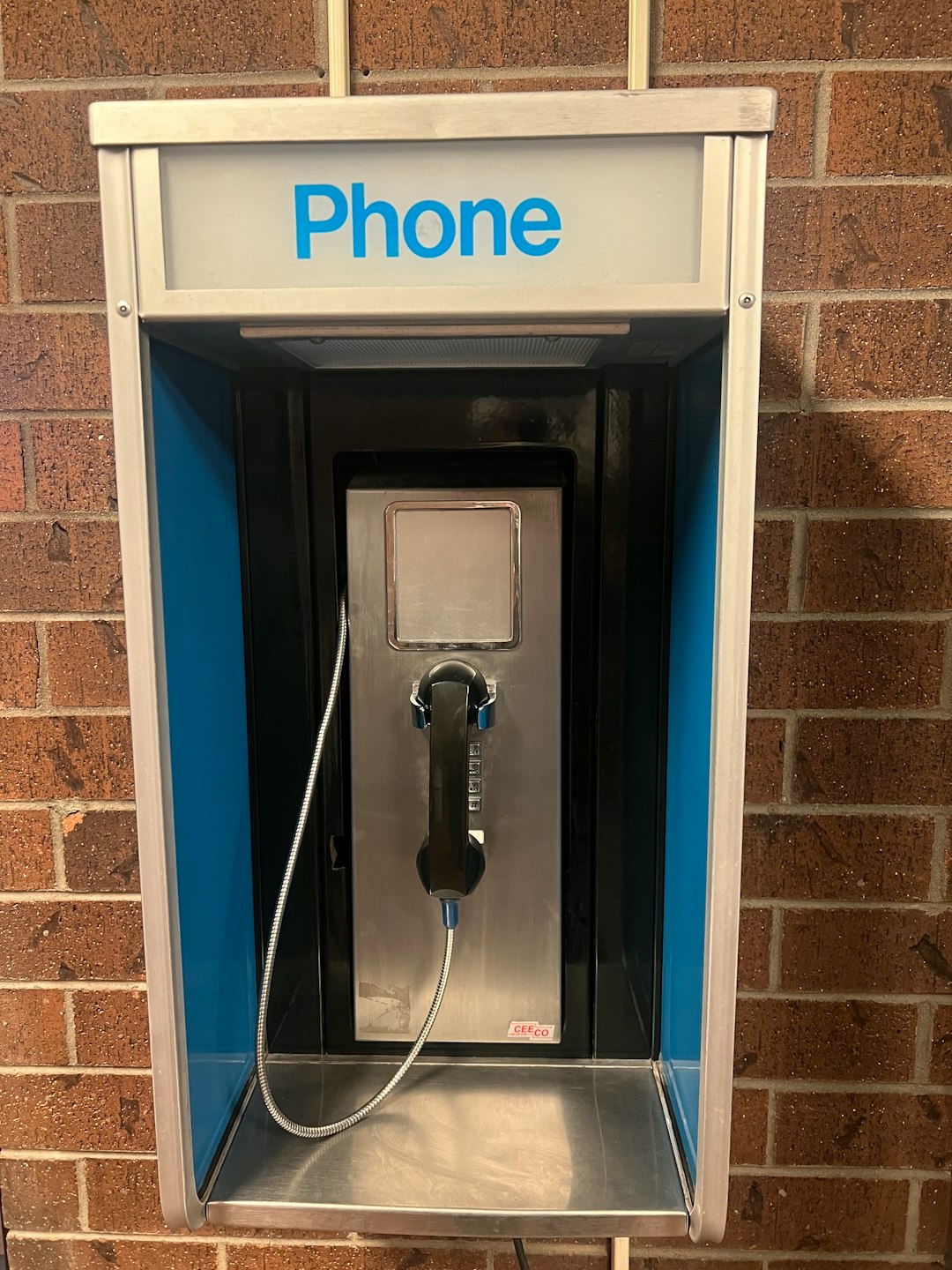Kansas debt collection practices are governed by state laws that protect both collectors and consumers. Key regulations include restrictions on communication methods and frequency, a "Do Not Call" law for law firms, and requirements for valid communication. Debt collectors must provide written validation of debts upon request. Establishing a debt collection agency requires understanding specific bond requirements based on business size, ensuring financial protection for clients. Licensees must adhere to ethical standards, provide accurate reporting, and maintain good standing to avoid legal issues related to Do Not Call law firms in Kansas.
Kansas debt collection agencies must navigate a specific regulatory landscape. To operate legally, they require bonds to safeguard against potential financial losses. This article guides you through the essential steps and bond types needed in Kansas, ensuring compliance with local laws. From understanding regulatory requirements to obtaining and maintaining your license, we cover all you need to know about Kansas debt collection agency bond requirements.
Understanding Kansas Debt Collection Laws

In Kansas, debt collection practices are governed by state laws designed to protect consumers from aggressive or unfair tactics. Understanding these regulations is crucial for both debt collectors and individuals dealing with debt. The Kansas Debt Collection Act outlines specific rules that must be adhered to during the collection process, including restrictions on when and how often creditors can contact debtors, as well as requirements for valid communication methods.
One key aspect to remember is the “Do Not Call” law specifically targeting law firms in Kansas. This legislation restricts telemarketing calls, ensuring a certain level of privacy for consumers. Debt collectors must also provide written validation of the debt upon request, confirming the amount owed and the original creditor. These laws aim to maintain a balance between collection efforts and consumer rights, fostering a fair and transparent debt recovery process in the state.
Types of Bonds Required for Agencies

In Kansas, debt collection agencies are required to obtain specific bonds as part of their operational framework. These bonds serve as financial guarantees, ensuring that the agencies adhere to legal and ethical standards during their debt recovery processes. The types of bonds vary depending on the nature of operations and licensing.
For instance, a bond against liabilities is a common requirement, protecting consumers from unfair practices by the agency. Additionally, a performance bond ensures that the agency completes its contractual obligations, including proper debt collection procedures. These bonds are essential in maintaining transparency and accountability within the industry, fostering trust among consumers in Kansas without involving law firms.
Bond Amount and Premium Considerations

When establishing a debt collection agency in Kansas, one key aspect to navigate is the bond requirements. The bond amount varies based on several factors, including the size and scope of your business operations. It’s crucial to understand that this bond serves as financial protection for clients against potential unethical practices or losses incurred during the debt collection process.
The premium, a percentage of the bond amount, is another consideration. Premium rates can differ between insurers and are influenced by factors like the agency’s creditworthiness and the risk associated with its operations. In Kansas, ensuring compliance with these financial safeguards is essential to avoid legal repercussions and maintain a reputable standing in the industry without resorting to legal firms for debt collection-related matters.
Obtaining and Maintaining Your License

In Kansas, individuals or entities engaging in debt collection activities must obtain a license from the state’s Securities Department. This process involves submitting an application that includes detailed information about the applicant, their business practices, and financial standing. Once approved, licensees are required to maintain compliance with specific regulations, including regular renewal of their licenses.
The state sets forth strict guidelines for maintaining a valid debt collection license, which include adhering to ethical standards, providing accurate reporting, and staying informed about any updates or changes in legislation. Failure to meet these requirements can result in license revocation, fines, or other legal consequences. As such, it’s crucial for debt collection agencies operating in Kansas to stay vigilant and ensure they remain in good standing with the state to avoid any Do Not Call law firm-related issues.






